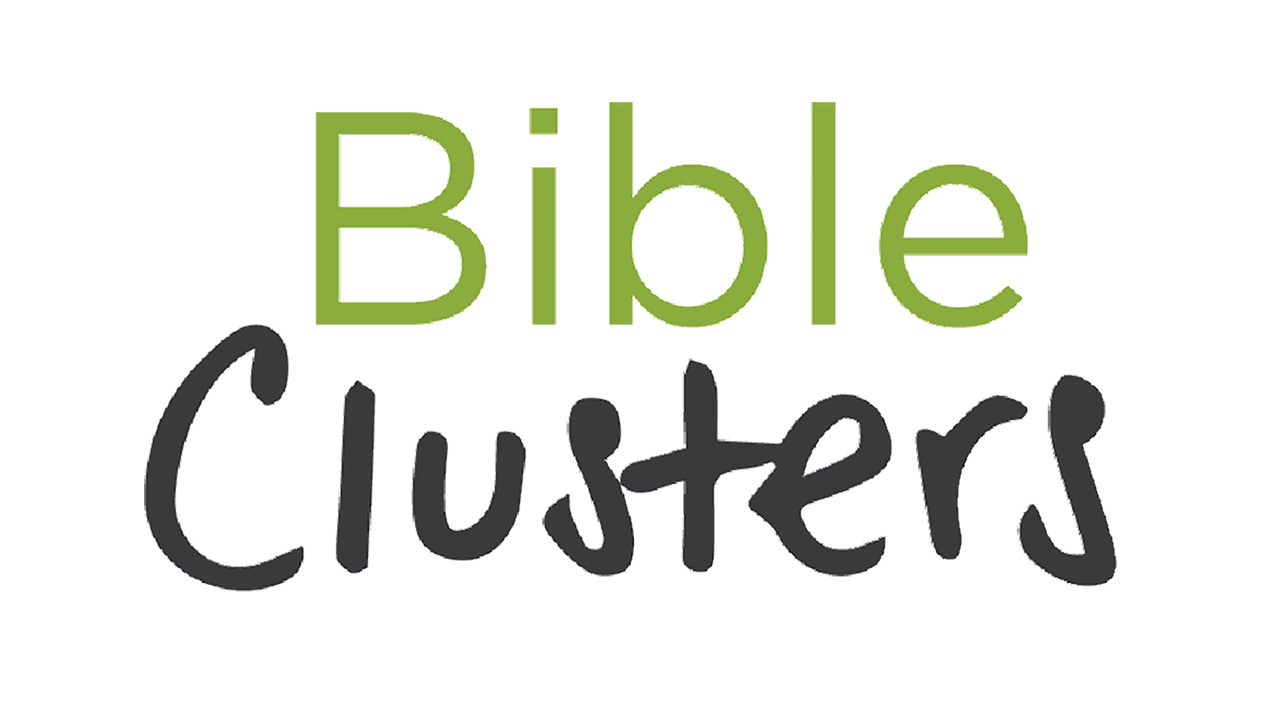Bible Clusters (Part 1)
Where do you begin?
Where do you begin?
You want to experience the first-century “church” in the twenty-first century. You recognize that it’s the people who matter. The people make up the church—following Jesus, making disciples, and living out authentic relationships together. But where do you begin?
People always call us and ask, “Do you have a Cluster near me that I can join?”
“Even if we do, I would not recommend it to you.” It is an unexpected, counter-intuitive answer.
“Don’t you want the ministry to grow? How will it grow if you discourage people from attending Clusters?” They seem confused.
“We are not interested in growing bigger. We are interested in multiplying many small Clusters, and even though Clusters may grow in size, multiplication is the key to making disciples.”
We have had this conversation many times in many variations, but it always ends with the stunned response, “Who turns away customers?”
It’s not unlike Jesus’ brothers incredulously asking Him why He would not attend the Feast of Booths in Jerusalem where He could find many followers.
John 7:3-4 (ESV) “Leave here and go to Judea, that your disciples also may see the works you are doing. For no one works in secret if he seeks to be known openly. If you do these things, show yourself to the world.”
We do not discourage people from attending Clusters; we discourage them from attending Clusters where they do not know anyone. We encourage them to start a Cluster. And the easiest way to do that, to test things out, is to start a “Bible Cluster.”
Why not start a Bible Cluster yourself?
Think about group dynamics. Consider how difficult it is for an individual to join a group where people already have a history together, where trust has developed through time and challenge. Intimacy does not happen with a visit.
Now, consider how hard it is for a group that has such intimacy to openly receive someone with whom they have no shared history. Though well-intentioned, one new person in a group could deep-freeze existing intimacy.
A more effective approach is to start a Bible Cluster with a few people you already know and build from there. This approach is much more realistic in how we usually form relationships—over time with people who are already part of our lives to some degree.
It is NOT that Clusters do not receive new people. They do all the time. Cluster members bring others. But here is what we ask those who want to invite someone else. “Do you love that person?”
You would be amazed at some of the answers. It catches people by surprise. Often, with good intent, people extend invitations to a Cluster because it has impacted them, and they want others to experience what they have experienced.
But to love someone means that you are already involved in their lives in a significant way. You have a stake in each other. And that love builds the bridge to others when new people are invited to the Cluster.
If the one extending an invitation cannot say they love the one invited, we suggest they start a new Cluster with that person and others. (Often they say something like, “We know each other, but not that well. I just thought this would help that person.”)
The point is that Clusters grow by love, but Clusters multiply to share that love.
Don’t invite people to your “Cluster Bible Study”
Clusters are not Bible studies. Even “Bible Clusters” are not “Bible studies.” The failure to make that distinction will cripple the Cluster from the outset. It will prevent you from building the environment necessary for the Body to build itself up in love as each person participates.
This point is so important, and so easy to overlook, that we made it the subject of Part 2 of this “Bible Clusters” series.


